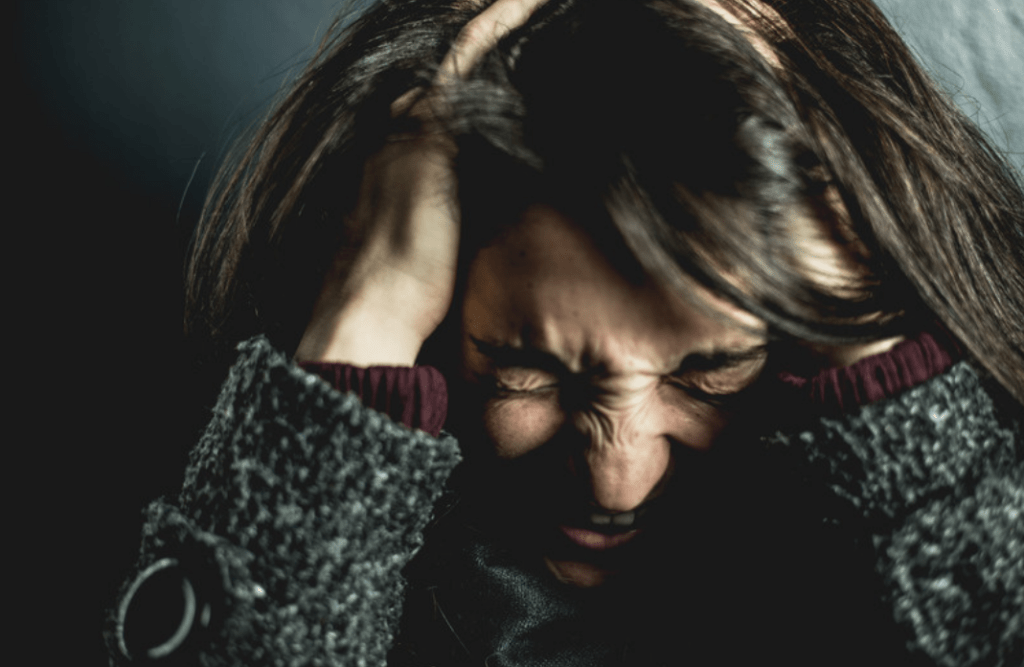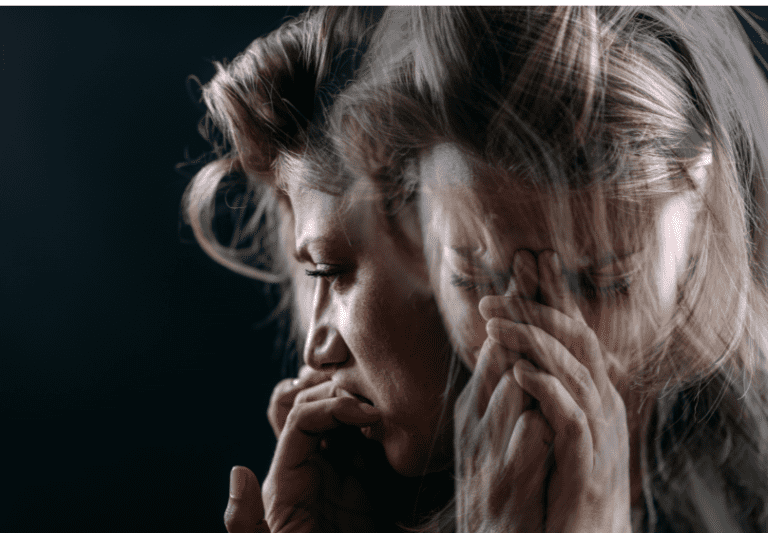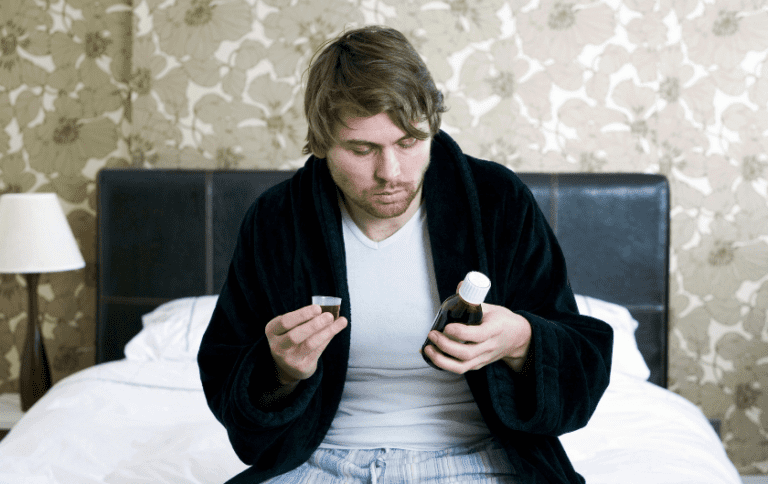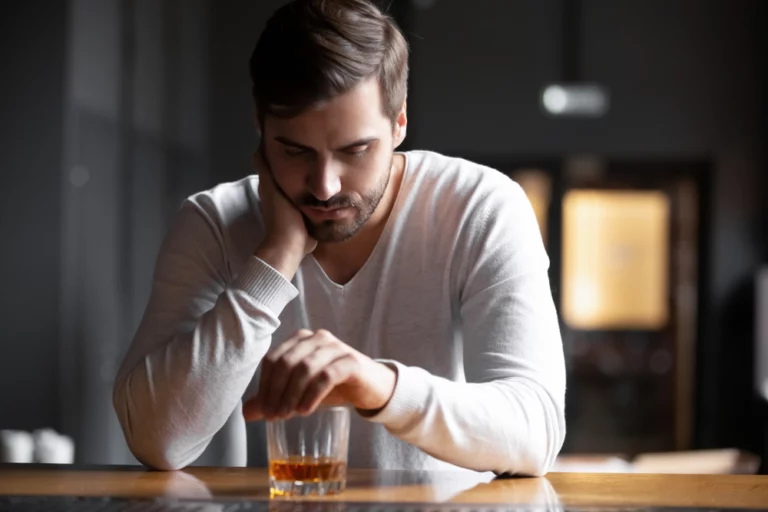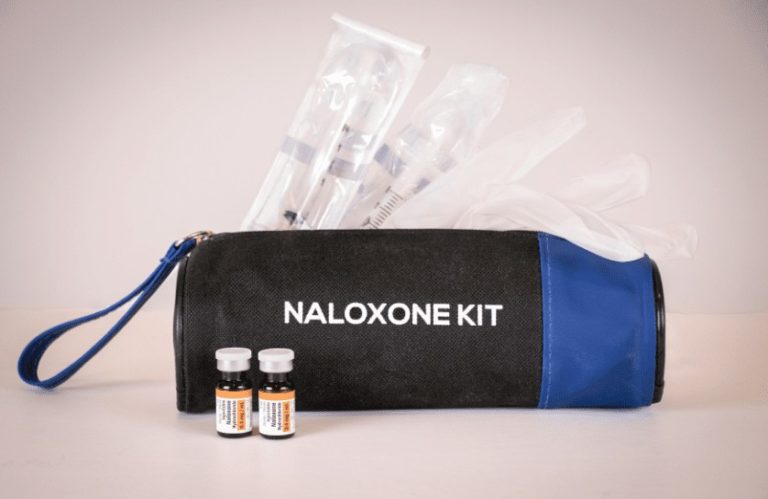Approximately 19.1% of all US adults have an anxiety disorder. With almost a fifth of all adults experiencing diagnosed anxiety, how can you tell if it’s affecting someone you love, and how can you help?
Symptoms of Anxiety
Everyone experiences anxiety differently, so it can be hard to spot. Some people are very good at hiding their symptoms from others or acting “normal” when in the company of their loved ones, making it harder for others to notice that something may be wrong. This doesn’t mean their anxiety isn’t crippling, it just means they’re good at hiding it.
For many others, it may be too hard to hide their feelings from those around them, and loved ones may notice a change in their behavior. In general, symptoms of anxiety include:
- Feeling nervous or restless
- Feeling a sense of impending danger or panic
- Increased heart rate
- Hyperventilating
- Sweating and trembling
- Feeling tired or fatigued
- Having a hard time concentrating
- Trouble sleeping
- Gastrointestinal issues
- Feeling worried or having a hard time controlling worry
- Avoiding situations that may trigger anxiety
These are not the only symptoms associated with anxiety. Because anxiety is so widespread and it affects many people, it may manifest differently in some. For example, some people may experience physical pain that accompanies their anxiety. This is especially common with panic disorder.
Types of Anxiety Disorders
Anxiety disorder is an umbrella term, meaning it encompasses many different types of disorders. The most common types of anxiety disorders include:
- Generalized Anxiety Disorder (GAD)
- Obsessive-Compulsive Disorder (OCD)
- Panic Disorder
- Post-Traumatic Stress Disorder (PTSD)
- Social Anxiety Disorder
Generalized Anxiety Disorder
Generalized Anxiety Disorder is the most common, affecting the most people in the United States. GAD is characterized by experiencing chronic anxiety that interferes with one’s daily life. This type of anxiety is often treated with medication (either daily or as needed) and therapy.
Obsessive Compulsive Disorder
People with OCD often experience intrusive thoughts and/or repetitive behaviors known as compulsions. These compulsions may interfere with one’s daily life, not allowing them to go about their day until they wash their hands a certain amount of times or check that the door is locked over and over again. Like GAD, OCD is often treated with medication and therapy.
Panic Disorder
Panic Disorder differs from GAD because it results in physically painful panic attacks that leave victims feeling a sense of impending doom. These attacks can be very scary and often result in emergency room visits. Panic attacks are most frequently treated with as needed and daily medication, as well as therapy.
Most types of anxiety are treated the same way, but it’s important to find a therapist or psychiatrist that deals with the specific type someone is experiencing, as the medication types and therapeutic treatments differ between disorders.
How to Help Your Loved One
If you notice that your loved one is struggling, it may be time to step in and talk to them about it. Maybe you’ve noticed that they’re constantly missing work or school, or they’ve been crying more than usual. But what exactly can you do to help them feel better? Sometimes they may not want to talk to you directly about their feelings.
Thankfully, there are options. Mental health treatment is the best way to feel relief from an anxiety disorder, and there are many options for therapy in Tennessee. Finding a good therapist and a medication that works for your loved one can greatly help to improve their quality of life.
At Knoxville Recovery Center, our mental health experts are trained in treating individuals with various anxiety disorders. To learn more about mental health treatment options, contact Knoxville Recovery Center.



